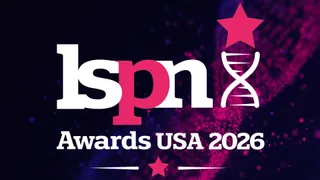
Squatters’ rights: the problem with third party SPCs
Late in December 2015 the European Commission issued an invitation to tender inviting proposals for a study on the supplementary protection certificate (SPC) regulations, by which de facto patent term extension of up to five years can be secured in the EU for medicinal products and plant protection products once these receive a marketing authorisation (MA). The tender closed in February 2016 but it has been reported that the tender will be relaunched as none of the bids that were received met its requirements.
Already registered?
Login to your account
If you don't have a login or your access has expired, you will need to purchase a subscription to gain access to this article, including all our online content.
For more information on individual annual subscriptions for full paid access and corporate subscription options please contact us.
To request a FREE 2-week trial subscription, please signup.
NOTE - this can take up to 48hrs to be approved.
For multi-user price options, or to check if your company has an existing subscription that we can add you to for FREE, please email Adrian Tapping at atapping@newtonmedia.co.uk

